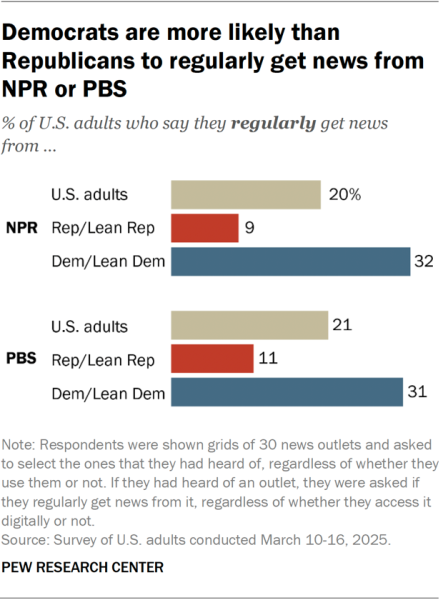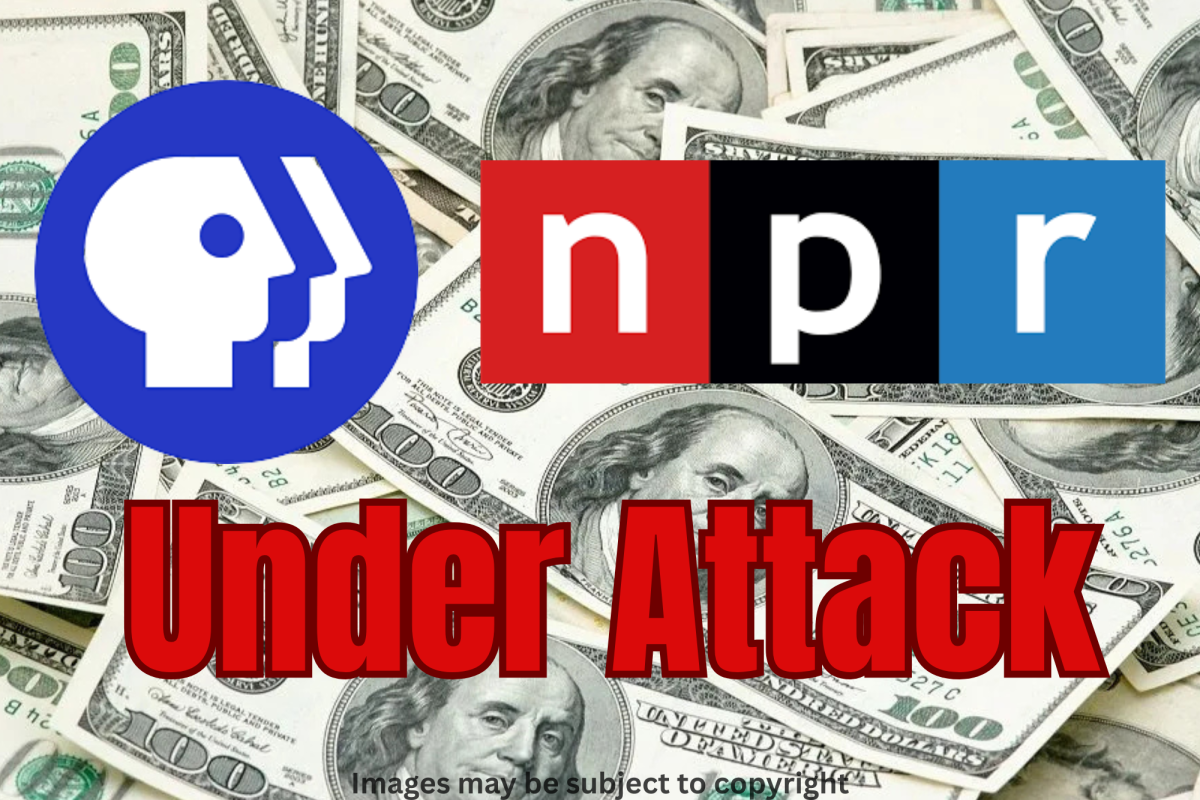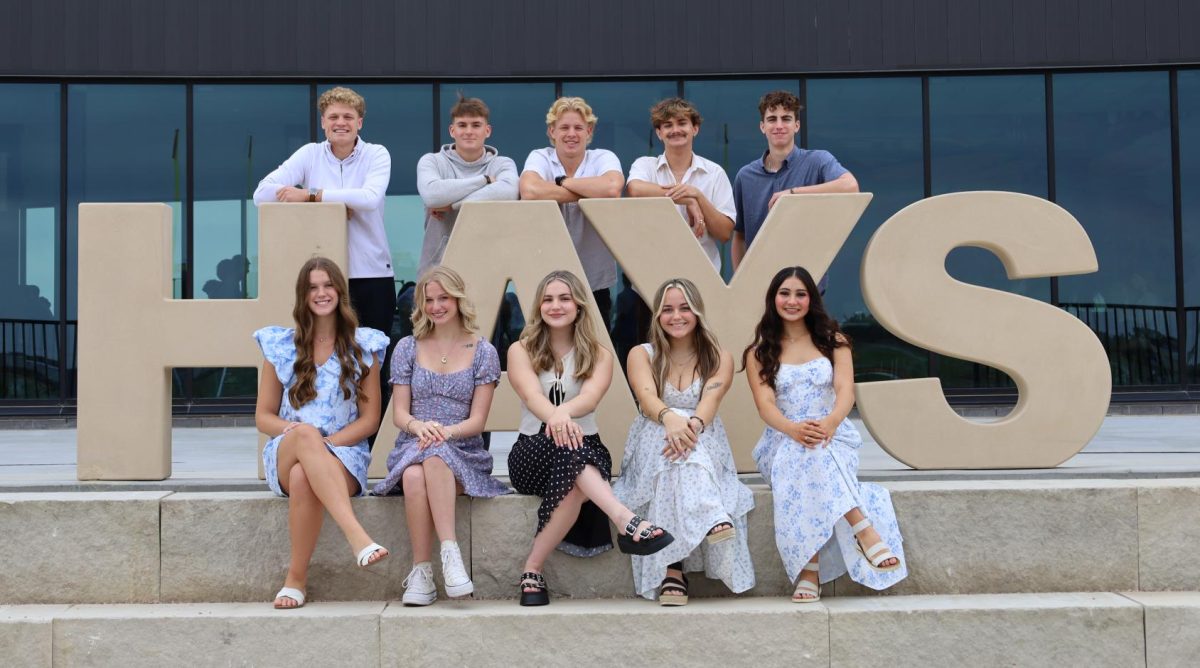On May 1, President Donald Trump signed another executive order, this time to remove federal funding from the Corporation for Public Broadcasting (CPB) for National Public Radio (NPR) and Public Broadcasting Service (PBS). His reasoning was for supposed bias in the media platforms.
The order, “Ending Taxpayer Subsidization of Biased Media,” states that the purpose for this was that “government funding of news media in this environment is not only outdated and unnecessary but corrosive to the appearance of journalistic independence.” It continued by saying, “Americans have the right to expect that if their tax dollars fund public broadcasting at all, they fund only fair, accurate, unbiased, and nonpartisan news coverage.”
CPB was also instructed to decrease direct funding to the maximum amount allowed by law and deny any future attempt for funding, as well as remove all indirect funding sources. The nonprofit funds more than $500 million annually to broadcasters.
In addition, NPR and PBS are being watched by the Secretary of Health and Human Services to ensure that they “are complying with the statutory mandate that ‘no person shall be subjected to discrimination in employment… on the grounds of race, color, religion, national origin, or sex.’ 47 U.S.C. 397(15), 398(b).”
The issue with this, aside from it simply being censorship, is that, by law, it is not clear if the current president, or any president in the future or the past, possesses the power to dictate such orders to CPB.
CPB is in the process of suing Trump. They filed a lawsuit on April 29 over a different executive order that the president signed, trying to fire just three of its five board members. Trent Morse, the Deputy White House Director of Presidential Personnel, sent a letter to three board members, stating, “On behalf of President Donald J. Trump, I am writing to inform you that your position on the Corporation for Public Broadcasting is terminated effective immediately. Thank you for your service.”
In a statement CPB issued on May 2, they said, “CPB is not a federal executive agency subject to the President’s authority,” and “Congress directly authorized and funded CPB to be a private nonprofit corporation wholly independent of the federal government.”
Does pulling this funding violate the First Amendment? In the simplest terms, this is government censorship. Although some could argue that any government-funded programs should not be biased in any way, contrasting that, the evidence is simply that more Democrats visit and get their information from these sites more than Republicans. Claims have been made, saying the news services have been more liberal, although this is subject to opinion.

PBS and NPR are both under attack, and the president is asking Congress to pull the $1.1 billion that was already granted to the nation’s public broadcasters through September 2027.
Currently PBS and NPR are both accepting donations to help fight against these changes and also to keep running as services. Many people have and should continue to donate because the government should be focusing on much bigger issues instead of attacking “Sesame Street.”
27aarias@usd489.com












